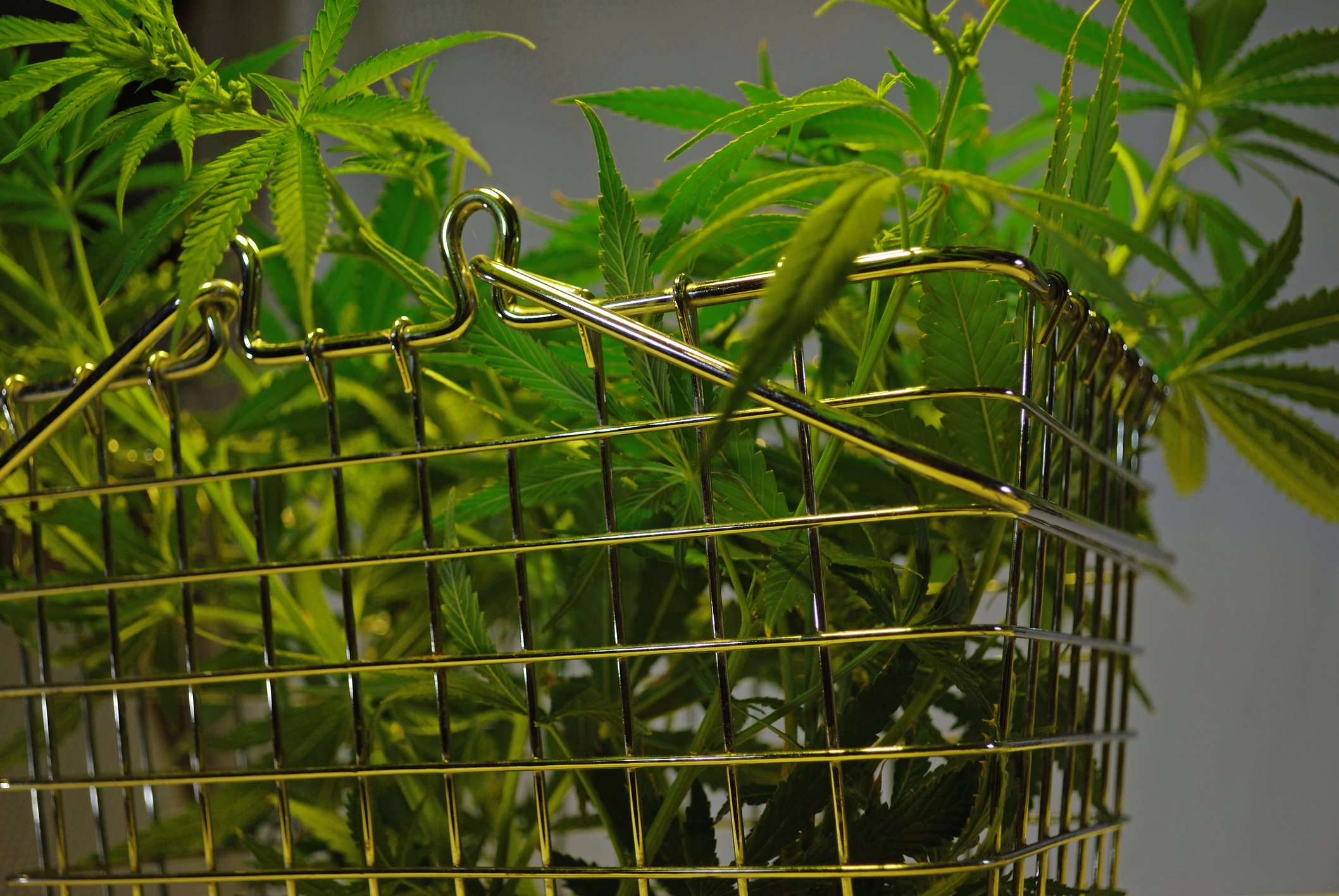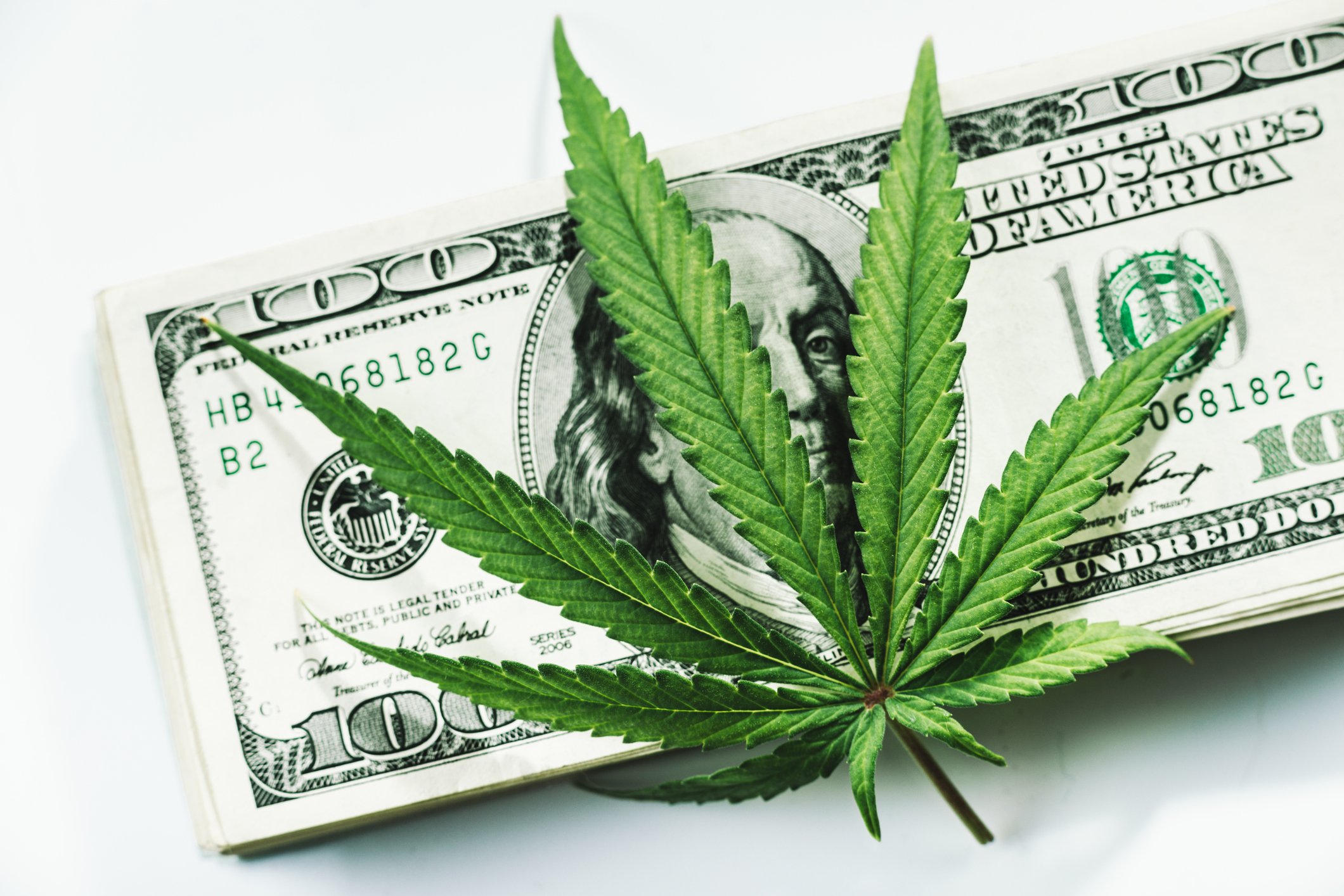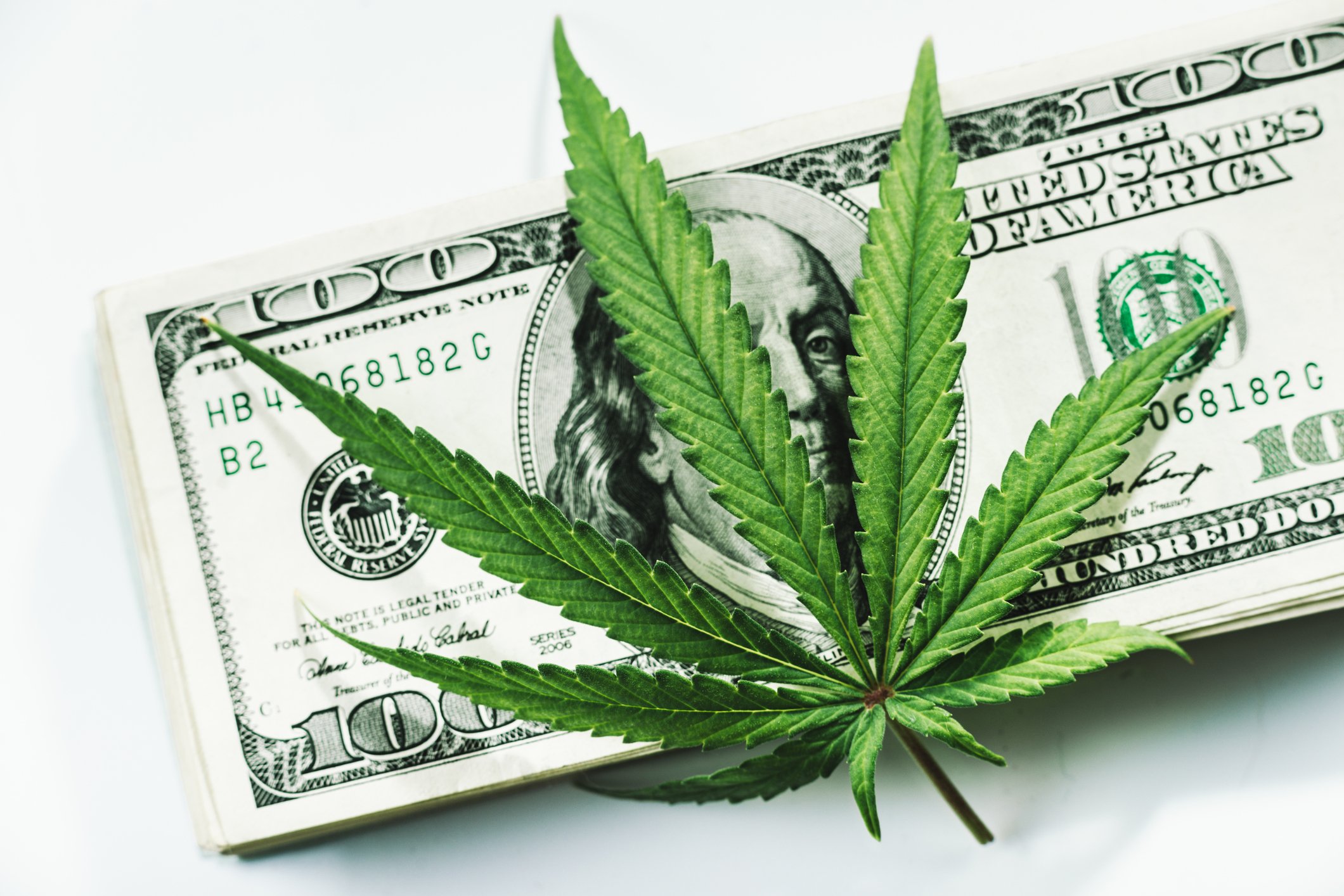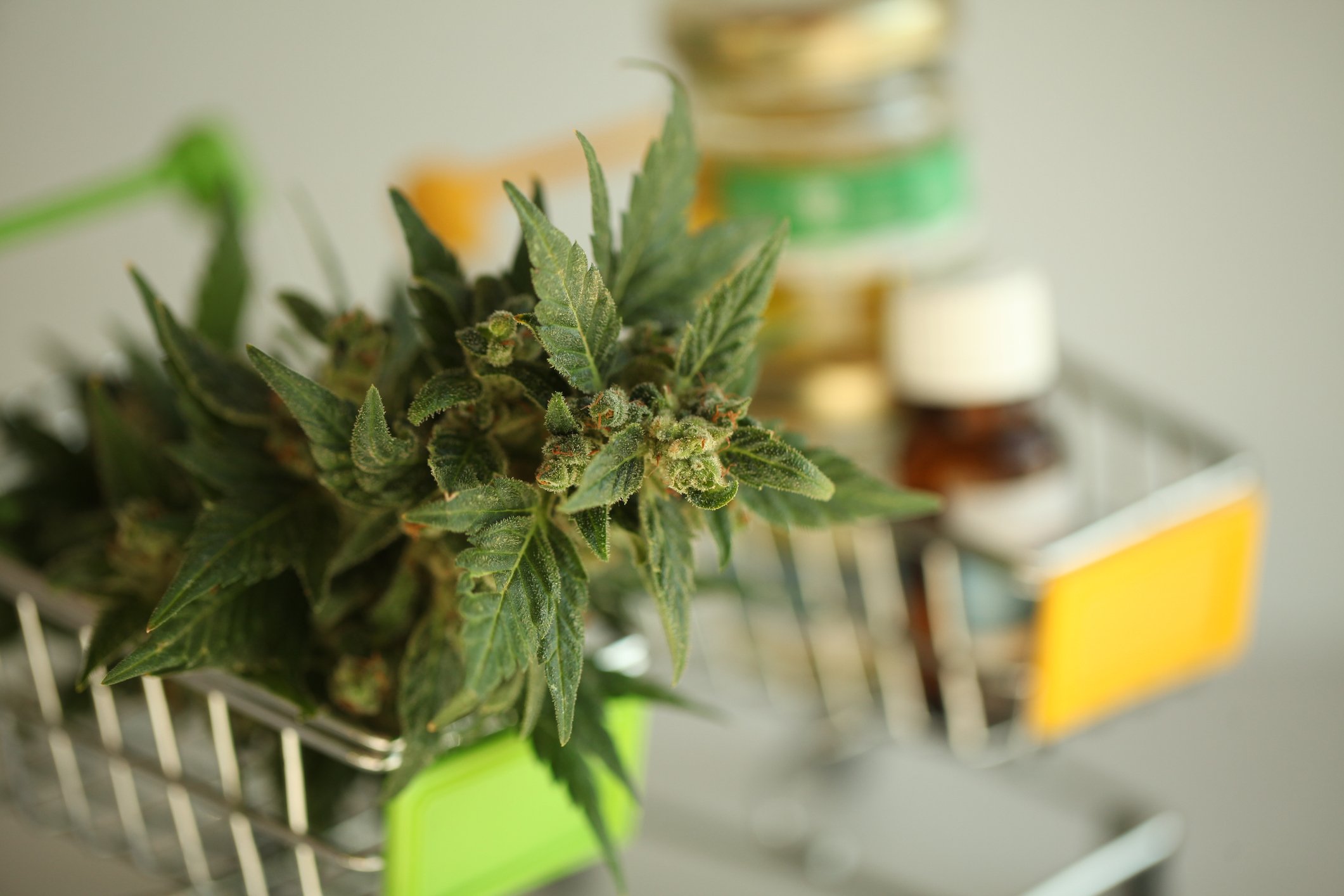Marijuana stocks have seen a lot of ups and downs lately. After a huge run-up in anticipation of the legalization of Canadian cannabis for recreational purposes last month, the reality of the limited size of the Canadian market seemed to make some investors less excited about marijuana investing than they'd been previously.
Of course, the size of the potential U.S. market for cannabis is much larger, and investors in the space have been salivating at the opportunities they'd have if marijuana became legal across the country. Although federal officials have remained resolute thus far in their opposition to reversing the criminal treatment of marijuana, a rising number of state governments have addressed the issue, and many have come to positive decisions about the sale of cannabis products for various purposes. On Election Day 2018, four more states will try to join the ranks of U.S. jurisdictions allowing the use of pot for at least some purposes.

Image source: Getty Images.
Michigan and North Dakota: Full legalization for recreational purposes
Two states have ballot measures that will let voters decide whether to legalize recreational use of cannabis products. In Michigan, what's been called the Regulation and Taxation of Marihuana Act, or Proposal 1 on the ballot, would allow those 21 and older to possess up to 2.5 ounces of marijuana as well as being able to use it recreationally. The initiative puts in place provisions to allow for lawful production, cultivation, and sale of marijuana and industrial hemp products, as well as providing for collection of a 10% excise tax on sales of commercial marijuana facilities. Individuals would be able to grow 12 plants for personal use. However, one key aspect of Michigan's initiative would allow local governments to put their own limits or prohibitions on recreational use and commercial production within their jurisdictions.
In North Dakota, Initiated Statutory Measure No. 3 would take marijuana, hashish, and tetrahydrocannabinols off the state's list of Schedule I controlled substances, and it would instead put in place new laws that would prohibit the prosecution of those 21 or older for nonviolent marijuana-related activities, including growing, distributing, or selling cannabis. The proposal also takes a step toward changing past treatment of marijuana-related crimes, calling for the automatic expungement of drug convictions related to marijuana or other controlled substances that have since been legalized.
Missouri and Utah: Sticking with medicinal marijuana
Elsewhere, other states are taking smaller steps toward legalization. Measures in Missouri and Utah would allow for medicinal use of marijuana. In Missouri, voters are considering multiple proposals, all of which would legalize marijuana used for medical purposes. Amendment 2 would impose a 4% tax on such sales, which would then go toward spending on healthcare services for veterans. Amendment 3 would impose a higher 15% tax that would go toward creating a biomedical research and drug development institute. And finally, Proposition C would create a 2% tax to go toward veterans' services, drug treatment, education, and law enforcement. Passage of more than one of these proposals would lead to a potential conflict that would likely require court adjudication, but they all share the common goal of allowing use of medical marijuana.
In Utah, medical marijuana is legal, but it currently must be grown and sold only by the state government itself. Proposition 2 would broaden production limits, letting those with certain illnesses grow up to six cannabis plants for personal medical use. It would further allow for facilities to grow medical cannabis as licensed by the state, putting regulations on those businesses, including inventory tracking as well as packaging and advertising restrictions.
Putting pressure on Washington
Some other states are taking different types of action with respect to cannabis. For instance, in Florida and Ohio, criminal treatment of marijuana-related offenses would be relaxed to some extent, albeit not to the same extent as in the North Dakota proposal.
All of these marijuana-related initiatives continue the practice among state governments of essentially defying the federal Drug Enforcement Administration's near-outright prohibition of cannabis products. The conflict between state and federal law has perpetuated a number of inefficiencies in the marijuana market, especially when it comes to financial issues like banking and financing. If more states jump on the bandwagon to legalize marijuana for various purposes, it'll put pressure on the federal government to take more decisive action to recognize the will of the people and make changes to its own policies on cannabis. That in turn could help investments both in individual cannabis stocks and in marijuana ETFs like the ETFMG Alternative Harvest ETF (MJ +0.78%) recover from their recent slumps.






